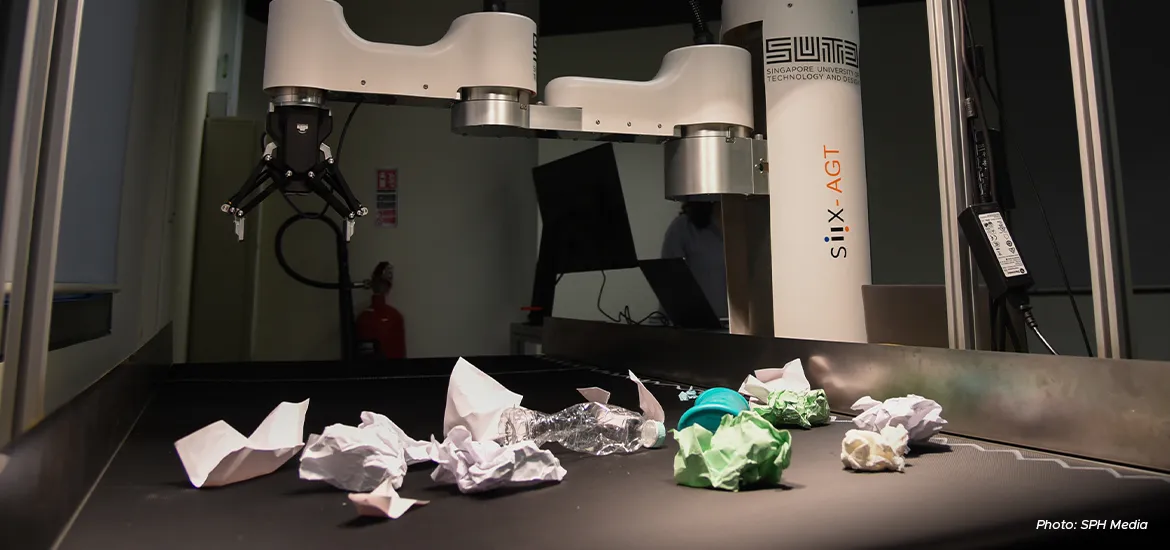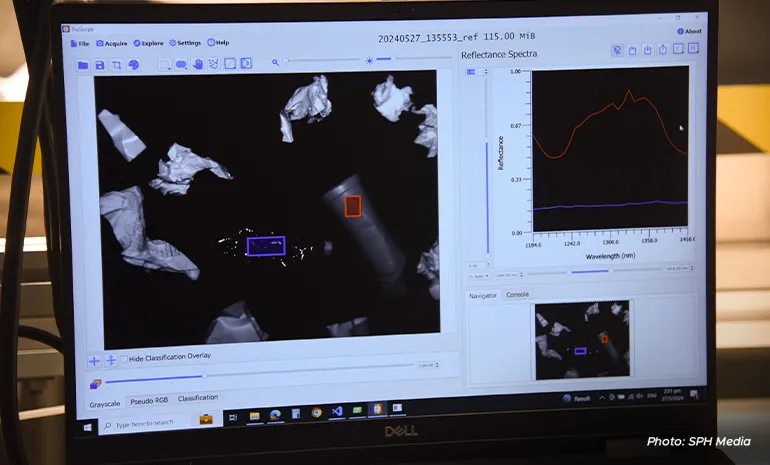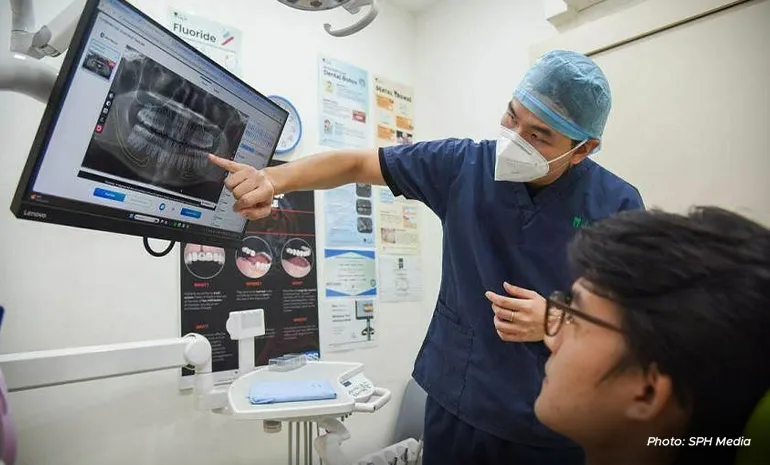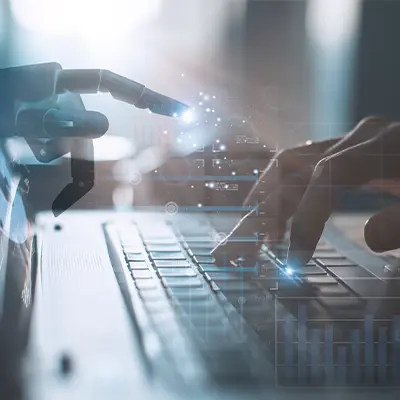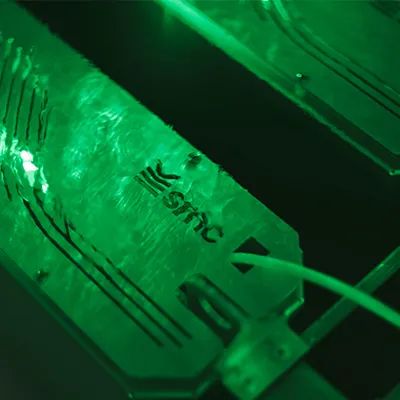Sorting recyclable plastics from a pile of rubbish is usually a tedious manual activity.
Plastics need to be sorted into seven categories, ranging from disposable bottles to tougher plastics, in what would appear to be the perfect job for machines powered by artificial intelligence (AI).
But, as a research team collaborating with Sembcorp’s waste management business has learnt, training AI systems with just pictures was not good enough for the accurate sorting of plastic waste.
The data set needed to be supplemented by infrared images to teach AI systems to recognise the seven different types of plastics.
Following this, plastic waste was accurately sorted by the research team’s sensors 95 per cent of the time, up from 85 per cent previously when the system relied on pictures of what needed to be sorted.
Trials at SembWaste’s facility are expected to commence once the project is launched and will pave the way for broader implementation, SembWaste’s head of material recovery facility and special projects Jimmy Fu told The Straits Times, without providing a start date.
